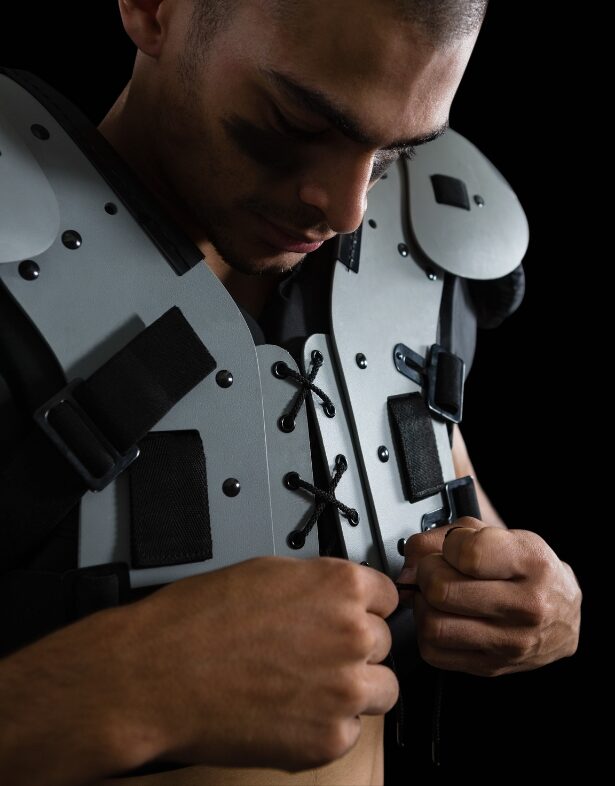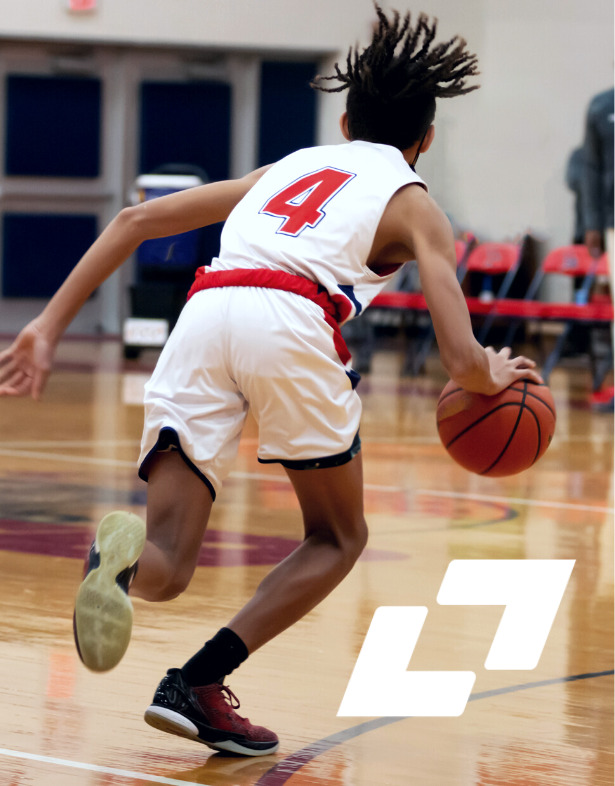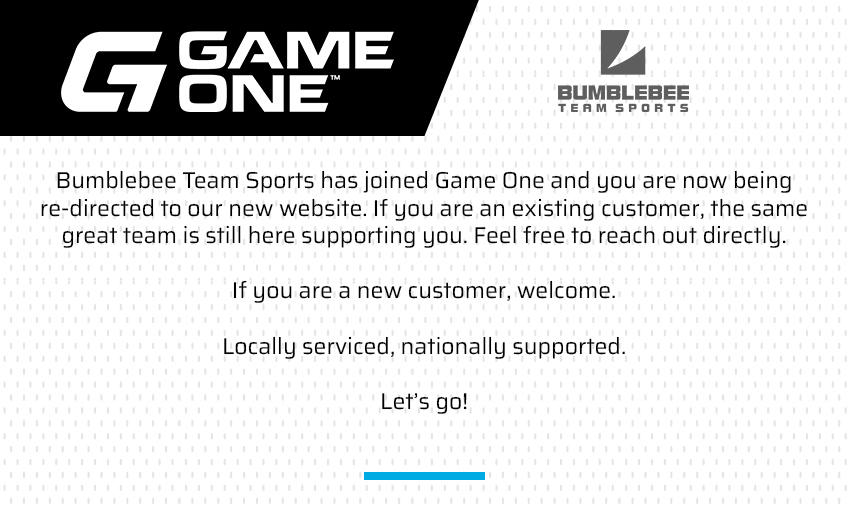Why Sportsmanship Matters
In 1908, legendary sports journalist Grantland Rice wrote, “It’s not whether you win or lose, it’s how you play the game.” His poem compared sports to life—enjoy the competition, try your best, and focus more on effort than the outcome.
Though Rice’s ode to sportsmanship is over 100 years old, it’s still relevant today (maybe even more so) as stories of bad behavior by people who should know better are all too easy to find. A recent study by the NCAA showed that while sportsmanship among players has improved over the years, it has declined among spectators.
Thankfully schools and conferences are committed to positive change by promoting good sportsmanship during competition. Playing the game the right way means being fair and respectful to coaches, officials, competitors, and teammates. When that happens, sports are fun while remaining competitive, which is a win-win for everyone.
Sportsmanship in Competition – Coaches and Athletes
Smart coaches set the tone by establishing a team-first atmosphere with high standards for integrity, positivity, encouragement, and respect for referees. Sportsmanship that’s role modeled, practiced, reinforced, and rewarded in practice and games builds teams that ultimately win in life.
Coaches Who are Good Sports:

- Play by the rules and compete with honor, never sacrificing integrity for victory.
- Celebrate responsibly and respectfully, focusing on the team’s success.
- Respect the officials and address concerns using a neutral tone.
- Encourage teamwork and working hard towards a common goal.
- Praise athletes for a “good try” or “good hustle,” even if the play doesn’t work out.
- Deliver constructive criticism privately to build rapport between coach and athlete.
- Treat the opposing coach, team, and spectators respectfully in victory and defeat.
The benefits of teamwork and cooperation, winning and losing graciously, and digging deep to find untapped grit stretch from childhood into adulthood. Young adults who incorporate these skills into their lives are happier, well-adjusted, and more successful at home and in sports, school, and business.
That’s because sportsmanship is an essential aspect of every activity that involves more than one person. In school, it’s about following directions and being fair with classmates. At home, a family is a small team working together to better the household—trusting, supporting, and picking others up when they are down. In the workplace, it’s about being a good teammate, learning from mistakes, and striving to improve without giving up.
Athletes Who are Good Sports:
- Have a positive attitude and try their best.
- Support a good shot or good try by teammates.
- Accept calls and don’t argue with officials.
- Learn from mistakes and get back into the game.
- Treat the opposing team with respect.
- Win without boasting and lose without whining.
- Shake hands with opponents after the competition ends.
Sportsmanship on the Sidelines – Spectators
Fans who cheer every effort and scoring play, keep comments positive, and clap when an injured athlete gets up help establish a positive playing experience. Happily, this is the norm.
There are times, however, when the line between being a supportive and engaged spectator is crossed by putting too much pressure on athletes or criticizing coaches and officials.

That’s why schools are working to establish a sports culture that values the worth of every participant. Many have introduced a Spectator Code of Conduct outlining what’s acceptable and what results in immediate removal from the event.
Spectators Who are Good Sports:
- Treat all players, coaches, fans, opponents, and officials respectfully.
- Ensure sideline comments are encouraging.
- Keep emotions under control, as calm behavior is contagious.
- Respect the role and decisions of the coach and officials.
- Cheer great plays, not just the scoring ones.
- Accept that kids make mistakes and aren’t hard on them when it happens.
- Congratulate the winners, even if they’re on the other team.
Being supportive without going overboard is a necessary skill for parents and fans because everyone wins when coaches, athletes, and spectators are good sports—coming together for the love of the game, for the sake of healthy competition, and for the benefit of all.
Game One takes an all-together approach as a trusted member of your team. We’re honored to be your first contact for customized athletic uniforms, jerseys, and equipment to elevate spirit and identity while sparking peak performance and ensuring you look good in the process.
Find your rep
Get in touch with your Game One rep to place an order, ask a question on process or pricing, and more.
Join Our Team
We live our purpose – to lift and inspire team stories. That includes our own teammates. If you are interested in joining our team – please visit our Career’s page.










